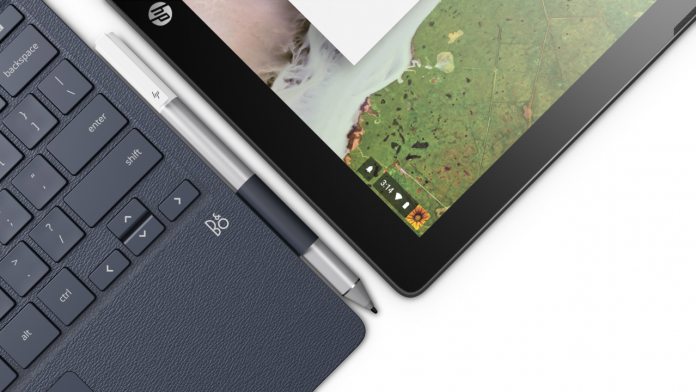That could be changing. In Chrome OS 72, a new flag lets users ‘Enable use of MyFiles as a read/write volume’. The option will let users manage their storage like a Windows one, creating folders and storing their files wherever they want. However, it does come with a warning. Google states, “This should be only used for testing or for trying to restore the previous Downloads content”. This is likely due to cloud backups, which would presumably not apply to other folders. I have a feeling users won’t stick strictly to those guidelines, should it release. For now, the feature is stuck in beta form and could make the final version or get axed. Either way, it shows Google now has an open mind on the functionality, which can only be a good thing.
Fuchsia OS
Of course, all of this could change if Google finally releases its Fuchsia OS, which seems to be making progress. The OS is designed to work cross-platform with both Android and Laptops, though it’s currently unclear what the plan is for file exploration. However, though we know Fuchsia exists, its timeline is completely undefined. Previous demos on the Pixelbook have been little more than placeholder interfaces. It could be several years until it releases, if at all. For now, then, the new flag is a welcome addition, though it’s unlikely Google will enable it as a default. Though Chrome OS is now more than just a glorified browser, its users value the persistence across devices.




